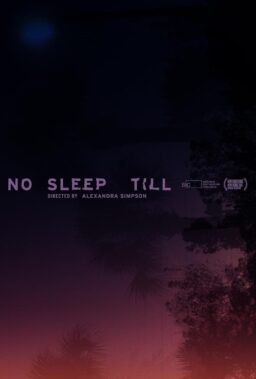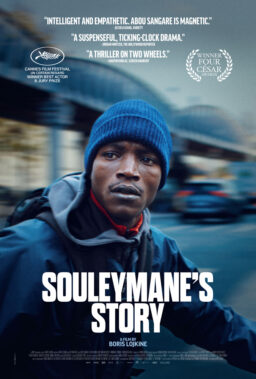From Andy Ihnatko, Boston, MA:
In response to a discussion about books on the blog:
This is sort of a gilt-edged invitation for me to talk about Kindle and ebooks. When I reviewed the Kindle shortly after its release, I gave the “purchase, download and read books” feature very little attention. I was only enthusiastic about the Kindle because it included a free, high-speed connection to Sprint’s nationwide data network; the device could make reading Google Reader or Bloglines more like reading a physical book. In fact, I had never committed to using the Kindle to actually read books. But a couple of months later, it came time to pack for a weeklong conference in San Francisco. I was less than 100 pages into a recent biography of Harry Houdini and I faced the eternal dilemma of readers everywhere: Did I really want to carry this immense slab of wood with me across the country and then back again? I decided to give the Kindle a shot. I downloaded the electronic edition just so I could keep reading the book during my trip. It was solely a stopgap. I was certain that by the time I got back, I’d switch back to the hardcover. After a week of reading it on the Kindle…funny thing, I never got back to the hardcover. I had to stop reading hardcovers cold-turkey before I embraced the Kindle fully.
For my entire life, a book meant a stack of bound pages, one stack on my left hand, the other in my right, turn a page over every couple of minutes. Translating that to “flick the big button on the left side and wait for the screen to redraw itself” required a bit of a mental adjustment but soon, I didn’t care. Yup, by the end of the week, the Kindle had become simply The Way I Buy And Read Books. It’s an upgrade on the concept of printed books. Yes, it’s blasphemy, I know. Drown me as a witch if you must but on Ihnatko Planet, it’s just the truth. I read more now, thanks to my Kindle. Think of the advantages that the iPod presented, over a CD player and a wallet of CDs. When you left the house, you no longer had to really think about whether or not you really planned on listening to music or not. It’s a tiny device; why wouldn’t you take it with you? And you no longer had to think “But will I want to listen to this album? With the iPod in your pocket, you had music for every taste and scenario. That’s the advantage of the Kindle. It’s not a big slab of wood. It’s a trim, lightweight device. Of course I’ll take it with me to my briefing downtown. And why fuss over which book to take? The Kindle totes every electronic book I’ve ever bought. I no longer have to think “Crimeny…I want this book, but $25?!?” Nearly all titles are ten bucks or cheaper. I no longer have to make a judgment based on a review or a couple of quick peeks at the bookstore. The first half an hour to an hour’s worth of nearly every book is available for a free download. When I reach the end, I tap another button and buy the whole thing. And two minutes later, I’m reading the book.
And that’s just the Kindle. I also have an ebook reader for my iPhone. I often leave home without my Kindle but I never leave home without my iPhone. Which means that at any moment, I can dip back into “Huckleberry Finn” or some early Wodehouse or even the Neil Gaiman book that was released last week. And fire at my house would absolutely break my heart. I have a library containing a lifetime’s worth of favorite books. Poof, up they all go. But all of my ebooks will be safe on the network server a thousand miles away that backs up my computers every night. Technology has to earn its spurs with every new innovation and idea. eBooks will never catch on if all they can offer is a gadgety alternative to a system that everybody’s already happy with. The new tech has to offer features and power that the old tech can’t deliver. I have great nostalgia for books. When I finish an ebook that I truly loved, I buy the treeware edition for my library. But it’s helpful to try to stop seeing a hardcover for what it is and start thinking of it in terms of the role it serves. That’s when you start to see the possibilities of electronic text. A book is something that allows me to read. A hardcover is one such device. By making books cheaper, more readily available, and easier to carry around wherever I go, electronic books allow me to read more. For me, that’s the end of the argument. Your mileage may vary.











